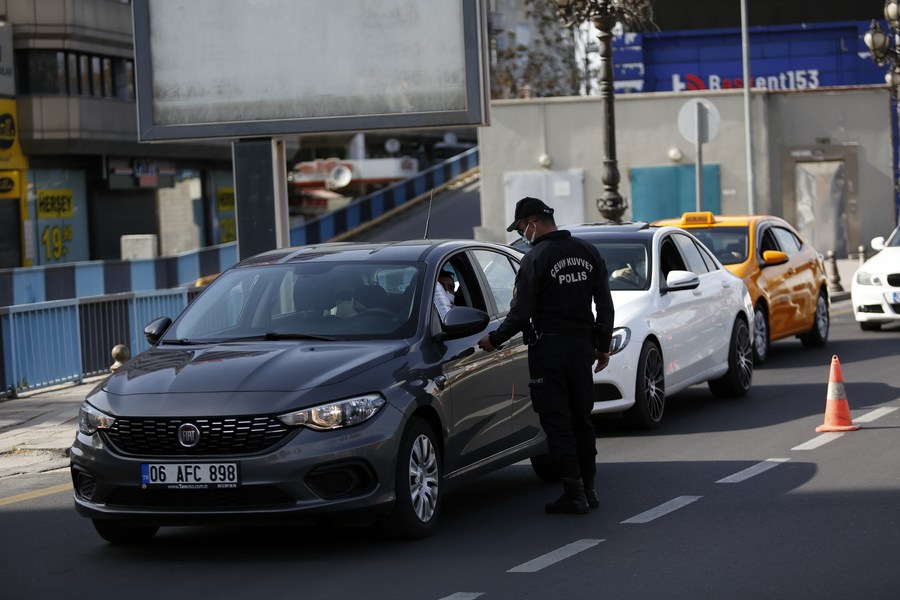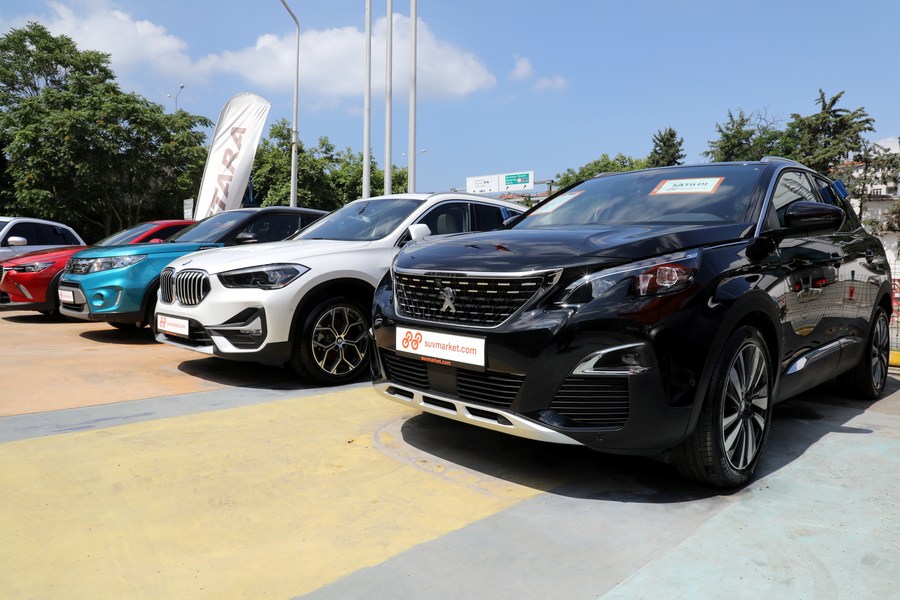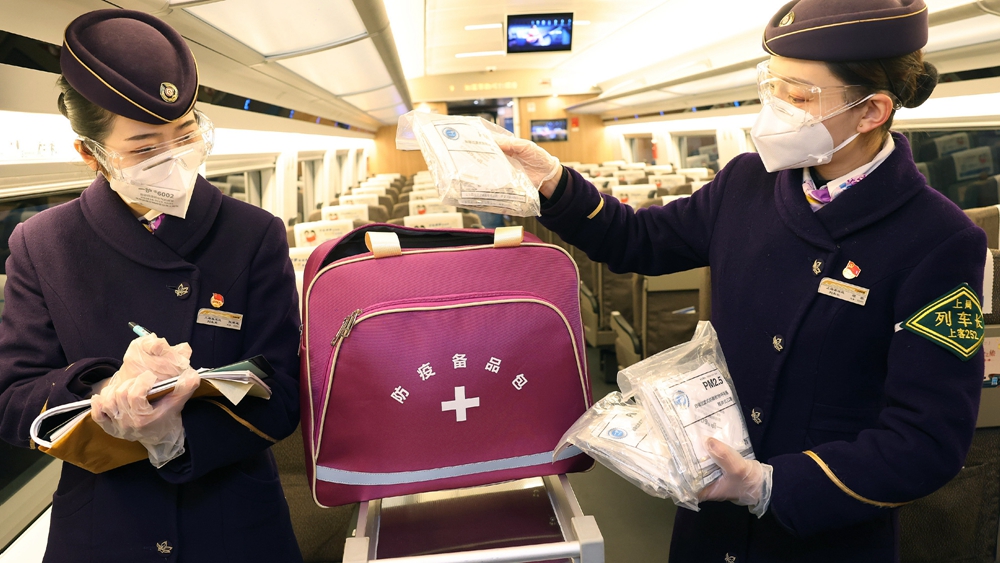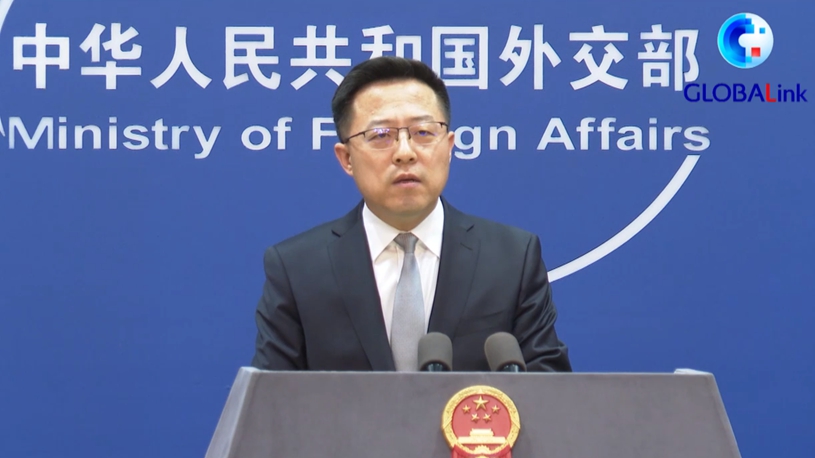
A policeman checks a car on a street in Ankara, Turkey, on May 1, 2021. (Photo by Mustafa Kaya/Xinhua)
Oil and gasoline prices witnessed a record 46 consecutive hikes last year as the Turkish currency lost 44 percent of its value against the dollar which translates into an immediate increase in energy prices. In the capital Ankara, more and more car users have started to leave their vehicles at home.
ISTANBUL, Jan. 19 (Xinhua) -- With a surge in fuel prices in Turkey caused by a currency slump in 2021, people began to use their private cars only for essential trips, which has reduced traffic jams in major cities.
"It has become very expensive to use a car when fuel price goes up," Murat Akinci, a freelance advertisement specialist in Istanbul, told Xinhua.
He recalled that in early 2021, filling the tank used to cost him about 400 Turkish liras (30 U.S. dollars), but now this has nearly doubled, putting a strain on his finance.
Despite an attempt to avoid using public transportation because of a jump in daily COVID-19 cases caused by the Omicron variant, Akinci said he may have to resort to this option soon with the much higher cost of using a private car.
Traffic density halved to around 40 percent on some days from as high as 80 percent in previous weeks in Istanbul, according to data of the Istanbul Municipality.
Citizens using the subway and other forms of public transportation have also increased in the first two weeks of January, the data showed.
Oil and gasoline prices witnessed a record 46 consecutive hikes last year as the Turkish currency lost 44 percent of its value against the dollar which translates into an immediate increase in energy prices.
The depreciation had neared 60 percent when President Recep Tayyip Erdogan reversed partially the decline last month by adopting an economic rescue plan to prevent further dollarization. However, the move has not yet found a reflection in the oil prices.

Several second-hand cars are displayed in an upscale car gallery in Istanbul, Turkey, on June 22, 2020. (Photo by Osman Orsal/Xinhua)
In the capital Ankara, more and more car users have also started to leave their vehicles at home.
"Even to the shops nearby, I used to go with my car. Now I use public transportation more frequently, and it is way cheaper," Fevzi Turegun, an engineer working for a private company, told Xinhua.
"Owning and running a private car has become a luxury for us. The time we went for a drive with families on weekend has come to an end," he lamented.
People are also less inclined to use taxis which raised their fares amid repeated oil and gasoline price hikes.
"On one hand, it's good because the traffic chaos can be tiresome. On the other hand, it signals a downtrend in social and economic activities," Turegun said.
The annual inflation in Turkey soared to a nearly 20-year high of 36.08 percent in 2021, the highest reading since September 2002, driven by last year's slide in the lira. It means that the revenues of households are overall less valuable.
The Turkish government expects inflation to peak in January and start to fall from May, before reaching single digits by 2023 when legislative and presidential elections are scheduled to be held. ■












